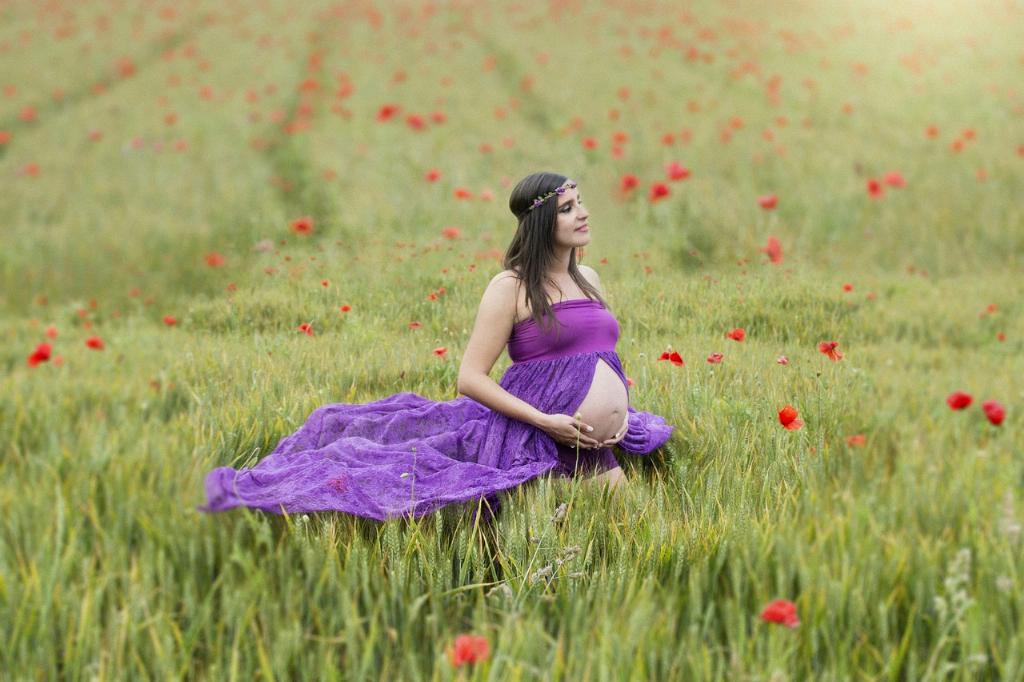When it comes to the question of how much alcohol is safe to consume during pregnancy, the clear answer is none. It is crucial to understand that there is no known safe amount of alcohol to drink while pregnant. The risks associated with alcohol consumption during pregnancy are significant and can have lasting effects on the health and development of the baby.
Even a small amount of alcohol can pass from the mother to the baby through the placenta, potentially causing harm. This is why it is strongly recommended that pregnant individuals abstain from drinking any form of alcohol, including wine, beer, liquor, and wine coolers, throughout the entire duration of their pregnancy.
It is essential to consider that alcohol can impact the baby’s development at any stage of pregnancy, even in the very early weeks when one may not be aware of being pregnant. This is why it is best to err on the side of caution and avoid alcohol entirely if there is a chance of becoming pregnant or if pregnancy is confirmed.
Research has shown that alcohol consumption during pregnancy can lead to a range of potential health issues for the baby, including fetal alcohol spectrum disorders (FASDs). These disorders can result in physical, behavioral, and intellectual challenges that can affect the child throughout their life.
While some may believe that occasional or light drinking during pregnancy is harmless, the reality is that no amount of alcohol has been proven to be safe. The risks simply outweigh any potential benefits that alcohol consumption may provide, making it crucial to prioritize the health and well-being of the baby.
It is also important to note that the effects of alcohol on a developing fetus can vary depending on factors such as the amount consumed, the timing of consumption, and individual differences in metabolism. This underscores the need for caution and vigilance when it comes to alcohol during pregnancy.
Ultimately, the safest approach is to adopt a zero-tolerance policy towards alcohol during pregnancy. This means making a commitment to abstain from alcohol entirely to protect the health and development of the unborn baby. The temporary pleasure that alcohol may provide is not worth the potential long-term consequences.
It is normal to have questions or concerns about alcohol consumption during pregnancy, but the most important thing to remember is that the well-being of the baby should always take precedence. Seeking support from healthcare professionals, counselors, or support groups can be beneficial in navigating this crucial aspect of pregnancy.
By making informed and responsible choices, pregnant individuals can help ensure the best possible outcomes for themselves and their babies. This includes making the decision to avoid alcohol entirely and prioritizing the health and safety of the growing fetus throughout the pregnancy journey.
Remember, when it comes to alcohol and pregnancy, zero is the only safe amount. It is never too late to make a positive change and protect the future health and well-being of the baby. By choosing to abstain from alcohol, pregnant individuals are taking a proactive step towards promoting a healthy pregnancy and giving their baby the best possible start in life.
Overall, the message is clear: alcohol and pregnancy do not mix. The best choice for both the mother and the baby is to steer clear of alcohol entirely during pregnancy and focus on creating a safe and nurturing environment for the little one to grow and thrive.

